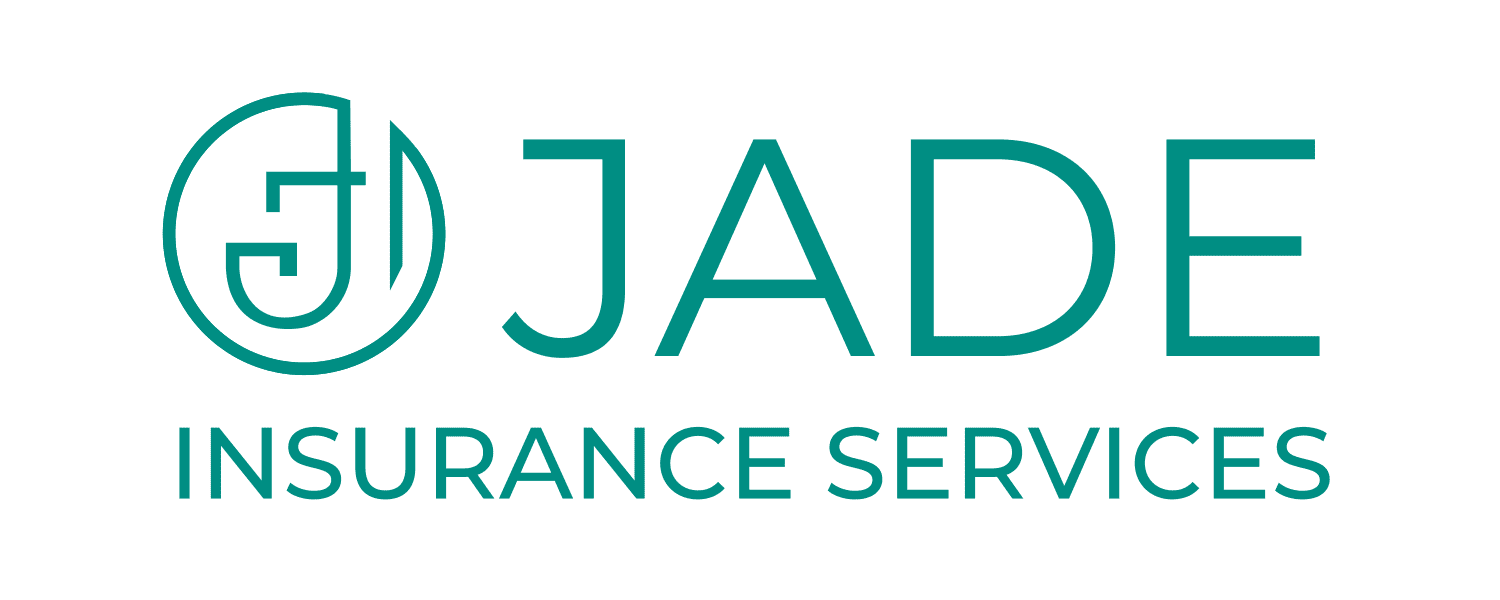Thorough Guide on the types of health insurance plans
Generally, all health insurance plans operate in conformity with Obamacare law, otherwise known as the Affordable Care Act (ACA). However, it all boils down to the coverage that each health plan offers.
The article will be bridging the gaps between the details that health insurance plans emphasize while selling and the knowledge that customers have while getting themselves specific insurance plans.
Let’s get into the reliefs that come with various types of health insurance plans and how they help customers with cost-saving.
How to Choose a health insurance plan that aligns with my specific needs?
Initially, choosing the right type of health insurance may look cumbersome. However, gaining a little insight into each plan can help a lot in making the right choice.
Also, understanding medicare is crucial to make more well-informed decisions regarding healthcare choices.
Know the metal categories
Health insurance plans come in four categories in varying price choices.
Bronze, Silver, Gold, and Platinum.
Each one of the categories demonstrates the cost each member shares with their plan.
Not to mention, the care and assistance in each category plan are never compromised.
Evaluate the total health care budget
Whether you plan to go with conventional health insurance plans or with other types of private health insurance plans, know that evaluating your health care budget is key.
Since health insurance calls for a premium by the end of each month, therefore, knowing your budget is crucial while shopping for a health care plan.
Doing so helps the member in minimizing out-of-pocket costs.
Pick ‘the plan.’
Different types of health insurance plans allow various perks.
While some insurance plans let, the insured members have open access to a variety of medical providers. Whereas, others restrict options and require the member to pay out of their pocket for any outside the network facilities.
Also, keep in mind that all these plans may differ in terms of quality and assistance.
A Thorough Insight into The Types of Health Insurance Plans
Though Medicare control costs and maintain the quality of home care and health care needs. However, various types of health insurance plans feature varied health care benefits, covering different sections. The first one we have here is:
Preferred Provider Organizations (PPO)
Unlike regional health care providers, PPO creates a network of contracted health care providers.
The insurance plan proceeds by asking a specific PPO card that saves the PPO members from the hassle of submitting claim forms.
This plan lets the participating member enjoy access to a huge number of medical providers.
Also, the plan lets the PPO members choose providers that aren’t covered in the plan. However, if any member picks out providers outside of the network, it will require them to pay from their private money.
Moreover, PPO’s involve massive paperwork and higher deductibles if the insured member uses some out-of-network providers.
Health Maintenance Organization (HMO)
Health Maintenance Organization features various health care services through a specific network of providers.
Though the plan offers the lowest freedom among all the other types of health insurance plans, however, HMO requires the least amount of paperwork burden in comparison to other plans.
The plan limits eligible coverage of doctors as it contradicts the idea of out-of-network care except for an emergency.
HMO works in compliance with the integrated health approach, which mainly covers well-being and prevention.
Additionally, HMO’s usually require referrals before allowing the member to seek help from an expert provider.
Exclusive Provider Organization (EPO)
Members get to enjoy a moderate amount of liberty while choosing and looking from out-of-network health care providers.
Unlike HMOs, Exclusive Provider Organization (EPO) doesn’t ask for a referral every time the insured member wishes to see a specialist.
One most eminent drawback in EPO is that it provides no coverage for out-of-network / contract consultants. The insured member has to bear the entire fee if he seeks assistance from out-of-network providers.
Besides, the plan calls for a lesser premium price as compared to other types of health insurance plans.
Other than that, some EPO’s may have deductibles while other plans don’t.
Point-of-Service Plan (POS)
Point-of-Service Plan (POS) amalgamates the benefits of both HMO and PPO to offer customers a rewarding experience.
POS doesn’t restrict the insured ones from choosing outside of the network consultants.
Furthermore, the plan brings more flexibility to the prominence with the tiniest amount of paperwork burden. However, insured members must pay for Copays /coinsurance and deductibles when consulting an out of the network provider.
With all the reliefs, there is the slightest bit of inconvenience when it comes to referrals.
Recent Posts
- Original Medicare Vs Medicare Advantage: Everything You Need To Know July 4, 2022
- The Best Medicare Plans For Cancer Patients July 4, 2022
- Understanding Medicare: Things To Know Before Getting Started July 4, 2022
-
Everything You Need To Know About Medigap Policy
What Is A Medigap Policy (Medicare Supplement Health Insurance) July 4, 2022 - Thorough Guide on the types of health insurance plans July 4, 2022
Categories
- Article (6)
